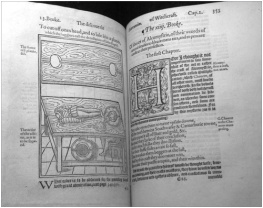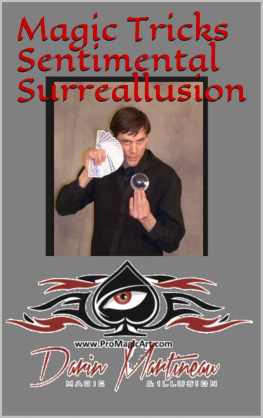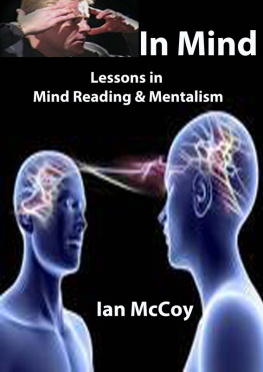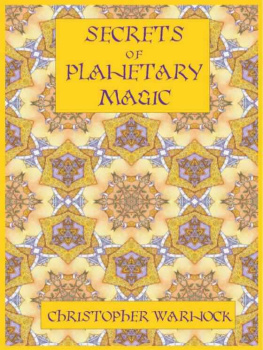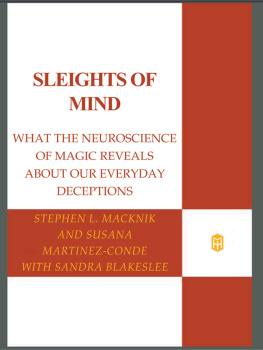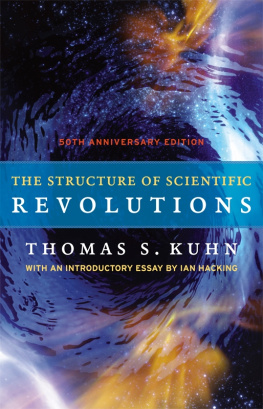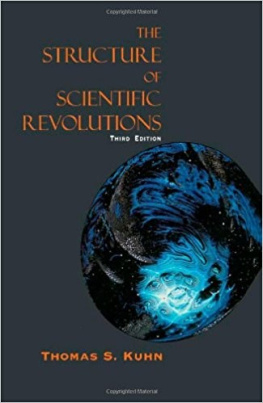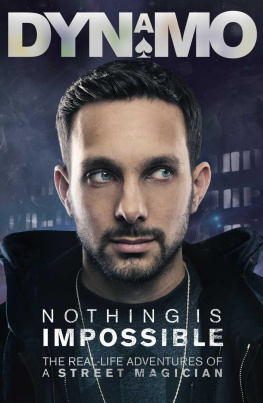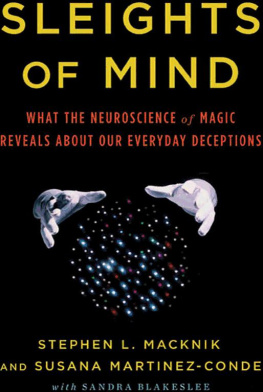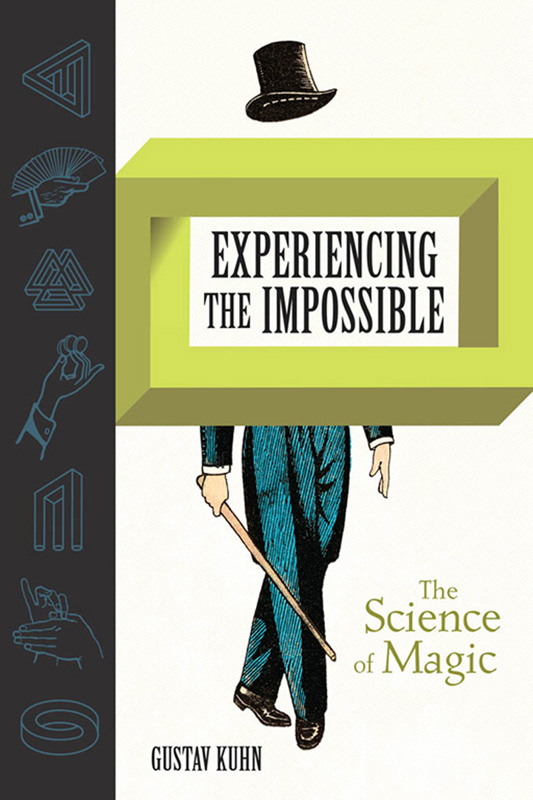2019 Massachusetts Institute of Technology
All rights reserved. No part of this book may be reproduced in any form by any electronic or mechanical means (including photocopying, recording, or information storage and retrieval) without permission in writing from the publisher.
This book was set in Sabon LT Std by Toppan Best-set Premedia Limited. Printed and bound in the United States of America.
Library of Congress Cataloging-in-Publication Data
Names: Kuhn, Gustav, 1974- author.
Title: Experiencing the impossible : the science of magic / Gustav Kuhn.
Description: Cambridge, MA : The MIT Press, [2019] | Includes bibliographical
references and index"
Identifiers: LCCN 2018024062 | ISBN 9780262039468 (hardcover ; alk. paper)
eISBN 9780262351508
Subjects: LCSH: Magic.
Classification: LCC BF1611 .K84 2018 | DDC 793.8--dc23 LC record available at https://lccn.loc.gov/2018024062
ePub Version 1.0
I would like to dedicate this book to my wife, Helen, my wonderful children (Amelie, Ella, Joseph, and Mae), and my mum.
Table of Contents
List of figures
- Chapter 1
- Chapter 2
- Chapter 4
- Chapter 5
- Chapter 9
Guide
Acknowledgments
It has taken me just over a year to write this book, but developing the ideas and doing the research has taken much longer. Science is rarely possible in solitude, and it would have been impossible to complete this project on my own. I am extremely grateful for all of the support that I have received while writing the manuscript, as well as the help in developing the ideas and content that led to writing this book. There are so many individuals whom I would like to thank, and I am bound to forget to mention a few by name.
Let me start by thanking all of the people who provided feedback and comments on individual parts of the book. The biggest thanks go to my dear friend and colleague Ron Rensink, whose comments and insights have been immensely valuable. His often brutal edits allowed me to pack more content into fewer pages; his edits mean you dont have to read my ramblings and thus have saved you precious time. I would also like to thank Ron for the continuous guidance and advice throughout much of my academic career, and for his passion, inspiration, and vision, all of which have helped advance the science of magic. I would also like to thank numerous people who have taken the time to read earlier drafts and have provided valuable comments and suggestions: Lindsay Fitzpatrick, Helen Aspland-Kuhn, Vicky Wyatt, Hugo Caffaratti, and Steve Bagienski.
This book is based on research that I carried out over the past fifteen years, as well as that conducted by others. None of my research would have been possible without the help and support of a wide range of scientists, academics, and magicians. They have all contributed to this endeavor, and its virtually impossible to name them all. Let me start by thanking my PhD supervisor, Zoltan Dienes, who taught me much about science, and Benjamin Tatler and Michael Land, who helped me carry out my first psychological studies on misdirection, which set the foundation for studying the science of magic.
I would also like to thank all of the past and present members of the MAGIC lab (Mind Attention and General Illusion in Cognition), which include postdocs (Cyril Thomas, Hugo Caffaratti), PhD students (Jeniffer Ortega, Lise Lesaffre, Olli Rissanen, Robert Teszka, Steve Bagienski), masters students (Keir Simmons, Nikolas Koutrakis), and countless undergraduate volunteers (Yuxuan Lan, Rhianne Stewart, Max Pitts, Joel Leighton, Nathaniel Ranger-Lunan, Velvetina Lim). All of their hard work has helped establish the scientific knowledge that underpins many of the ideas that I discuss here.
I have been extremely fortunate to collaborate with some of the brightest and most inspirational scientists, most of whom I also consider to be my friends. As such, let me thank Cyril Thomas, Christine Mohr, Geoff Cole, Benjamin Tattler, Benjamin Parris, Christiana Cavina-Pratesi, David Milner, Gianna Cocchini, Alan Kingstone, Pascal Gygax, Andr Didierjean, and the people from Abracademy. Likewise, I would like to thank many of the magicians who have helped me gain a deeper understanding of magic (Arthur Roscha, Lee Hathaway, Jim Cellini).
I was extremely fortunate in having the opportunity to write this book while being employed at Goldsmiths, University of London, and I am very grateful for the support I received from the university. I would also like to thank all of the students who took my Magic and the Mind module here and elsewhere and who provided feedback on some of the ideas I am about to explore in this book.
I would also like to thank all of the members of the Science of Magic Association, who have helped advance this endeavor and have made this an inspiring and friendly research environment (Jay Olson, Matt Tompkins, Anthony Barnhart).
Let me also thank Bryan Campbell for the lovely title figures, as well as Rebecca Chamberlain and my children Ella and Joe for some of the hand-drawn figures. I would also like to thank the MIT Press and, in particular, Matt Browne for convincing me to write this book.
Most importantly, I would like to thank my wife, Helen Aspland-Kuhn, who has been incredibly supportive of my work, and has continuously helped me clarify my thoughts and ideas, and my wonderful children, who continuously provide new and unique insights into the meaning of magic. I would also like to thank them for all of the delightful inspiration they have provided throughout. Finally, I would like to thank my mum and dad; I am sure my mum would have loved reading and telling others about the book.
What Is Magic?
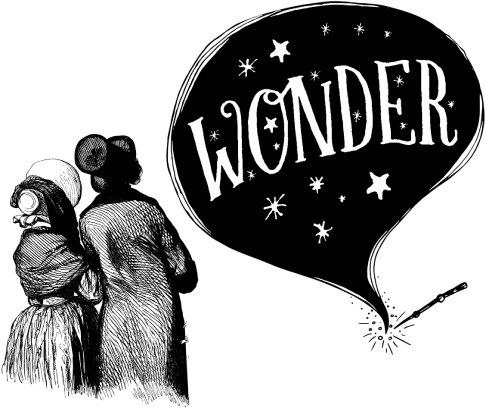
When I was thirteen years old, my school friend Arthur Roscha made an egg appear from behind my ear. Arthurs egg trick wont be remembered as one of the worlds best magic tricks, but as a young teenage boy, I was pretty impressed: how could an egg simply appear from behind my ear? By that age, I no longer believed in real magic and was pretty confident that Arthur didnt have any supernatural powers. Although my rational self knew that I had been tricked by some clever illusion, I simply could not explain the thing I had witnessed with my very own eyes. Deep inside my brainthe dorsolateral prefrontal cortex to be precisethere was a serious conflict between what I thought was possible and what I had just experienced.
Magic is one of the most captivating and enduring forms of entertainment, with magicians all over the world baffling and amazing audiences by creating magical effects. Magic deals with some of the most fundamental philosophical and psychological questions, and yet, unlike many other forms of entertainment, it has received relatively little attention from people outside its sphere. In recent years, psychologists, neuroscientists, and philosophers have started to study magic more systematically, and the science of magic is now a field of its own. In this book, we will discuss the latest scientific research on magic, which provides intriguing and often unsettling insights into the mysteries of the human mind. Magic exploits surprising and even counterintuitive psychological principles, and understanding these cognitive processes will challenge your beliefs about your own capabilities. This book will also help you appreciate the complex and almost magical neurological mechanisms that underpin many of our daily activities. Although magic is one of the oldest forms of entertainment, we are only just starting to ask some of the most pivotal questions: What is magic, and why do people endorse magical beliefs? How much of your world do you really perceive? Can you trust what you see and remember? And are you really in charge of your thoughts and actions? We will start by exploring some of these questions before focusing on the psychological principles that magicians exploit. In the final part, we will see how magic is applied to areas outside entertainment and discuss some of the reasons we are so captivated by magic. Before we can answer any of these questions, however, we must take a closer look at the nature of magic.


